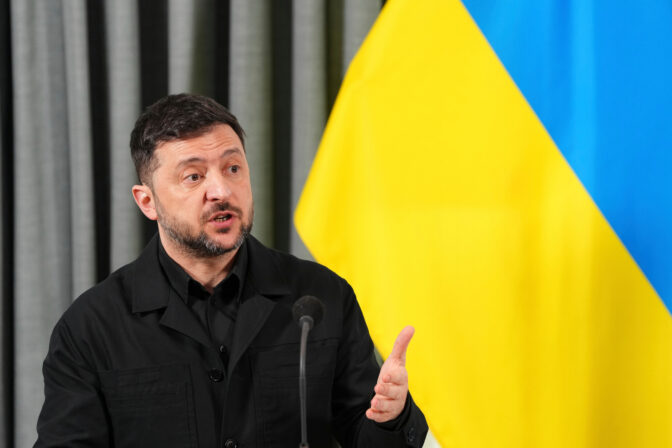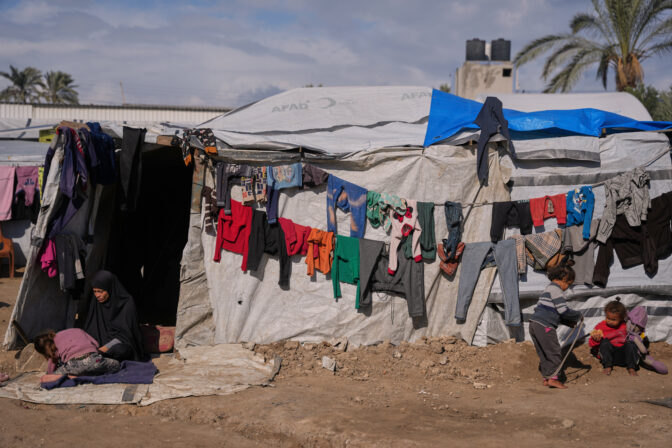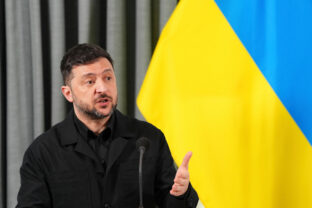BRATISLAVA, November 12, (WEBNOVINY) – Prime Minister Iveta Radicova lectured on the current situation in Europe in the context of morals and trust at the St. Anthony’s College of the University of Oxford on Friday. The subject of the lecture was „Restoring Trust“ – a talk on Slovakia and the current European Economic Crisis. When moral is disregarded in politics it is always deforming and we all pay for it in the end, the prime minister said. And when politics is subordinated to economic forces and interest groups it will always turn out to be a blind alley, she stated.
In the lecture the prime minister spoke about the experience of post-Communist countries that shows according to her that it is easier to build democratic institutions than to reach their responsible functioning within rules of democracy. Now when post-Communist countries stand at the threshold of the third decade of freedom and democracy they have to cope with the task of building democracy as culture including democratic patterns of behavior and building a strong civic society, she said. According to Radicova the procedure of democracy is being created prompter than the culture of democracy. She mentioned an example from Slovakia, which has democratic judiciary but law enforceability is not sufficient. Slovakia has systems and institutions of fight against corruption but it is much more difficult to fight corruption in reality. She added that democracy as culture means not only the way of functioning of democratic institutions but also the citizens’s trust that these institutions will really guarantee democracy, freedom, law and justice.
The key element of culture of democracy is the citizens’s trust that politicians will abide by rules of freedom and democracy; distrust in the state leads to civic passivity on which politicians can profit who do not care that much about democracy as culture but they only need an external framework of democracy to use it to their benefit or to the benefit of economic or interest groups close to them.
Radicova also addressed the ongoing crisis. She said that the eurozone was not prepared for any crisis scenario. This is why any long-term solution has to include an institute of managed bankruptcy. According to her, institutes should exist in the eurozone that would supply liquidity for countries that find themselves in fiscal problems. For long-term successful operation of the eurozone it is of vital importance to introduce managed bankruptcy on one hand and build mechanisms to keep trust in the euro zone’s banking sector on the other hand, she underscored. Solidarity and co-responsibility of each single country on which the eurozone was built is to be the principle of solving existential problems of other countries as well.
SITA












